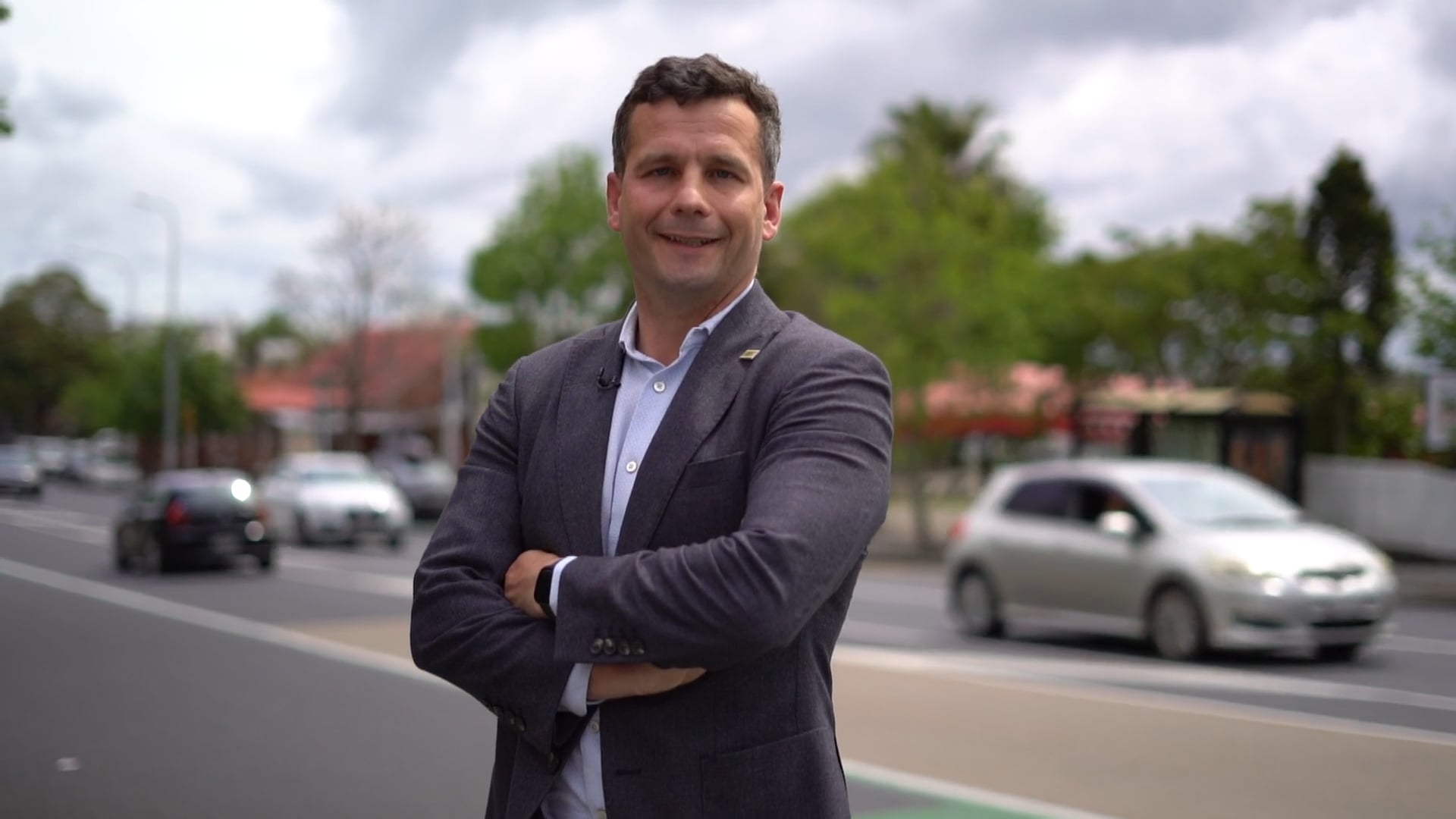A former minister for Treaty negotiations and attorney-general under then prime minister John Key is warning the current National-led government against a Treaty referendum.
“It will bring out of the woodwork the sort of people who used to write to me and say, why don’t you get cancer? How dare you give property rights to people above their station, or, as sometimes even happens now walking along Lambton Quay, someone will call me a Māori-loving C, " Finlayson tells current affairs host Moana Maniapoto on Te Ao with Moana.
The prominent former politician’s unvarnished warning comes in the wake of the coalition government’s pledge to introduce a Treaty Principles bill. Act is proposing that the Treaty principles should be put to referendum.
On the same episode of Te Ao with Moana (March 25, Whakaata Māori) another warning is sounded by Matthew Hooton – a commentator with ties to both ACT and National.
“The principles of the Treaty were put into legislation to the disadvantage of Māori because the risk was that if the Māori text was taken as authoritative, then the Crown’s not sovereign… you do not want to put the words tino rangatiratanga into statute,” he says.
Both the former politician and the political commentator describe the proposed Treaty Principles Bill as ‘radical.’
The five principles under consideration include:
- kāwanatanga – the principle that government has the right to govern and make laws;
- rangatiratanga – the right of iwi to control the resources they own;
- equality – all New Zealanders are equal under the law;
- co-operation – there must be co-operation between the government and iwi on big issues of common concern; and
- redress – that the government acts responsibly to provide a process to resolve Treaty grievances.

Act is committed to replacing and rewriting those principles, to include:
- all citizens of New Zealand have the same political rights and duties;
- all political authority comes from the people by democratic means; and
- New Zealand is a multi-ethnic, liberal democracy where discrimination based on ethnicity is illegal.

Te Ao with Moana returned for another season last week with an exploration of Waitangi Day and the vocal expression of Māori fear and anger over proposed reviews of the Treaty principles, Waitangi Tribunal and a possible referendum.
Tonight at 8pm on Whakaata Māori (March 25), Te Ao with Moana explores how tauiwi – right and left-leaning – might be thinking and feeling.
